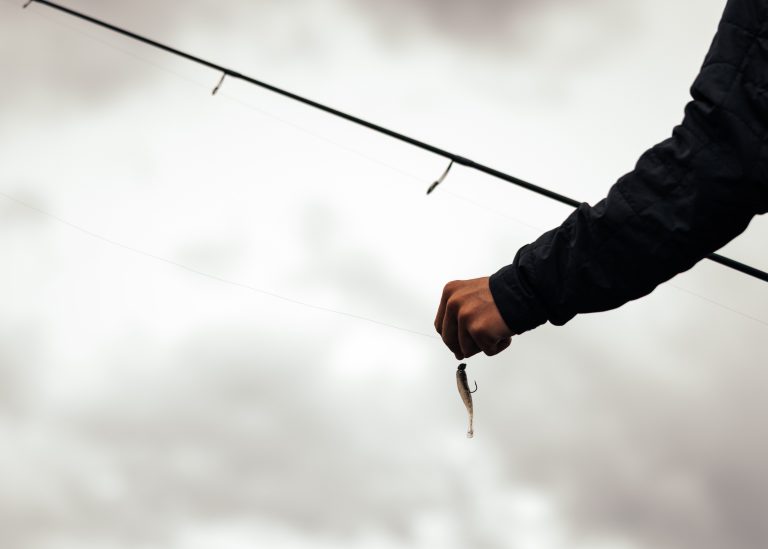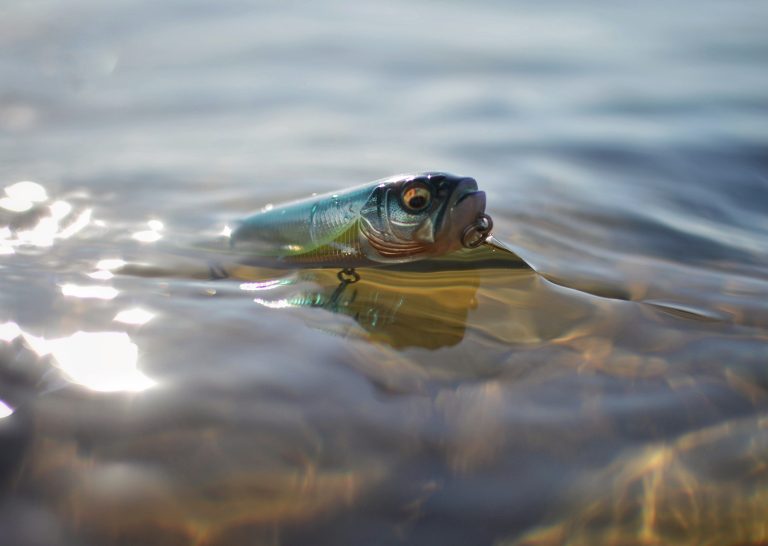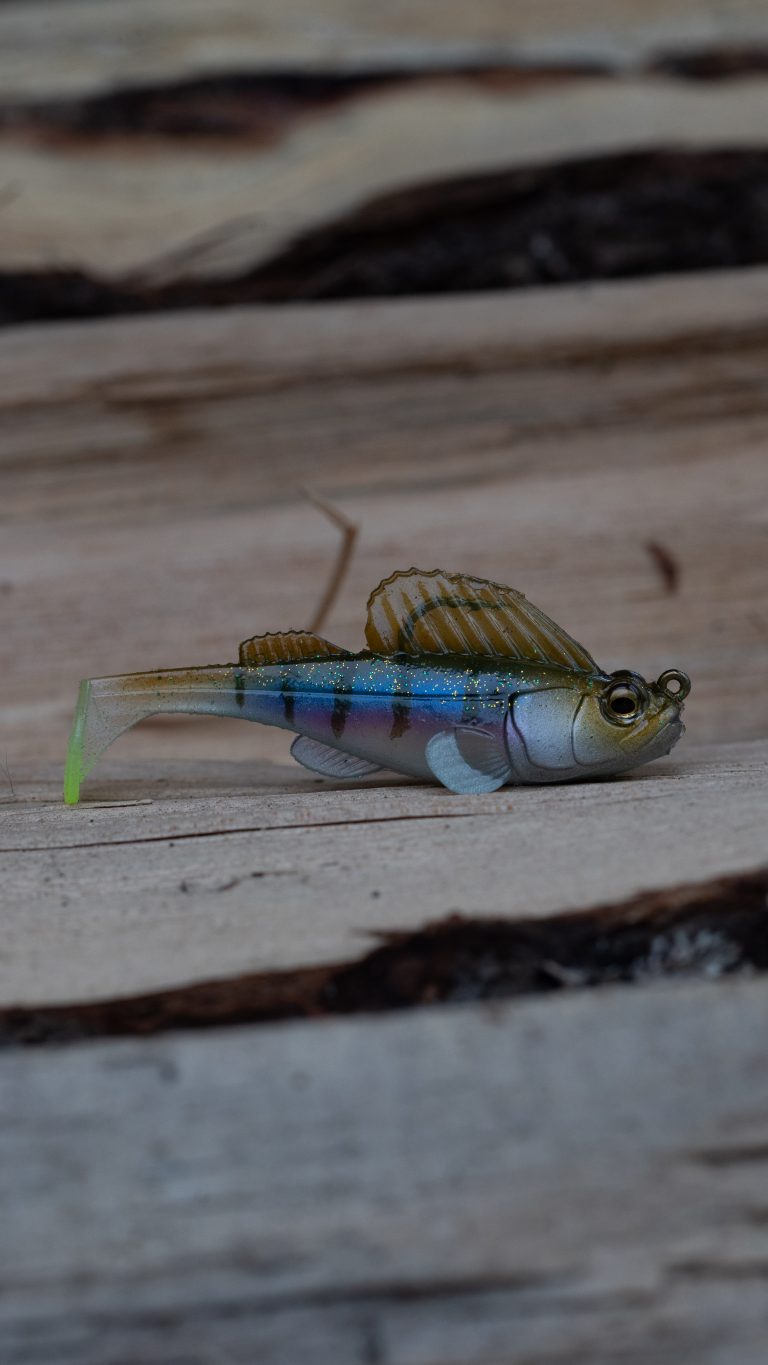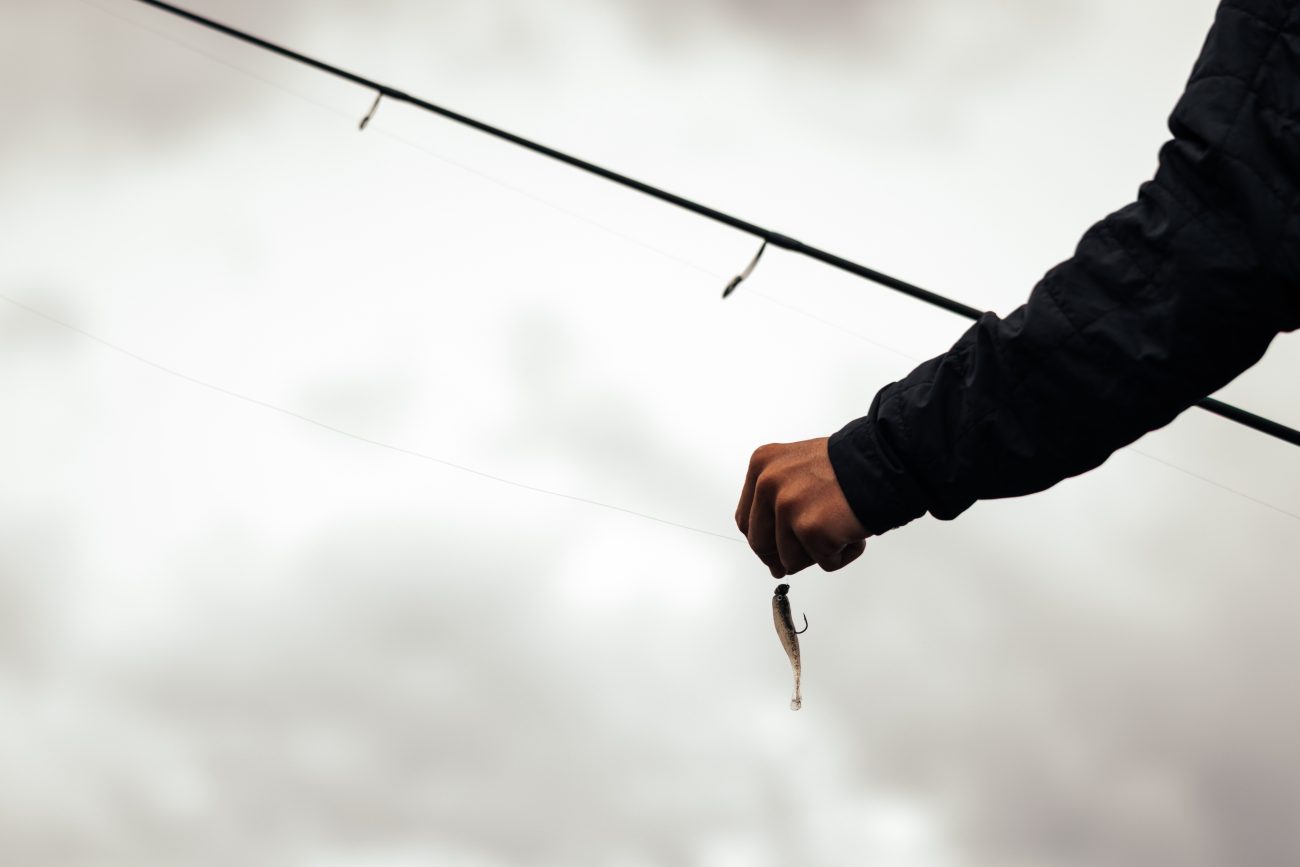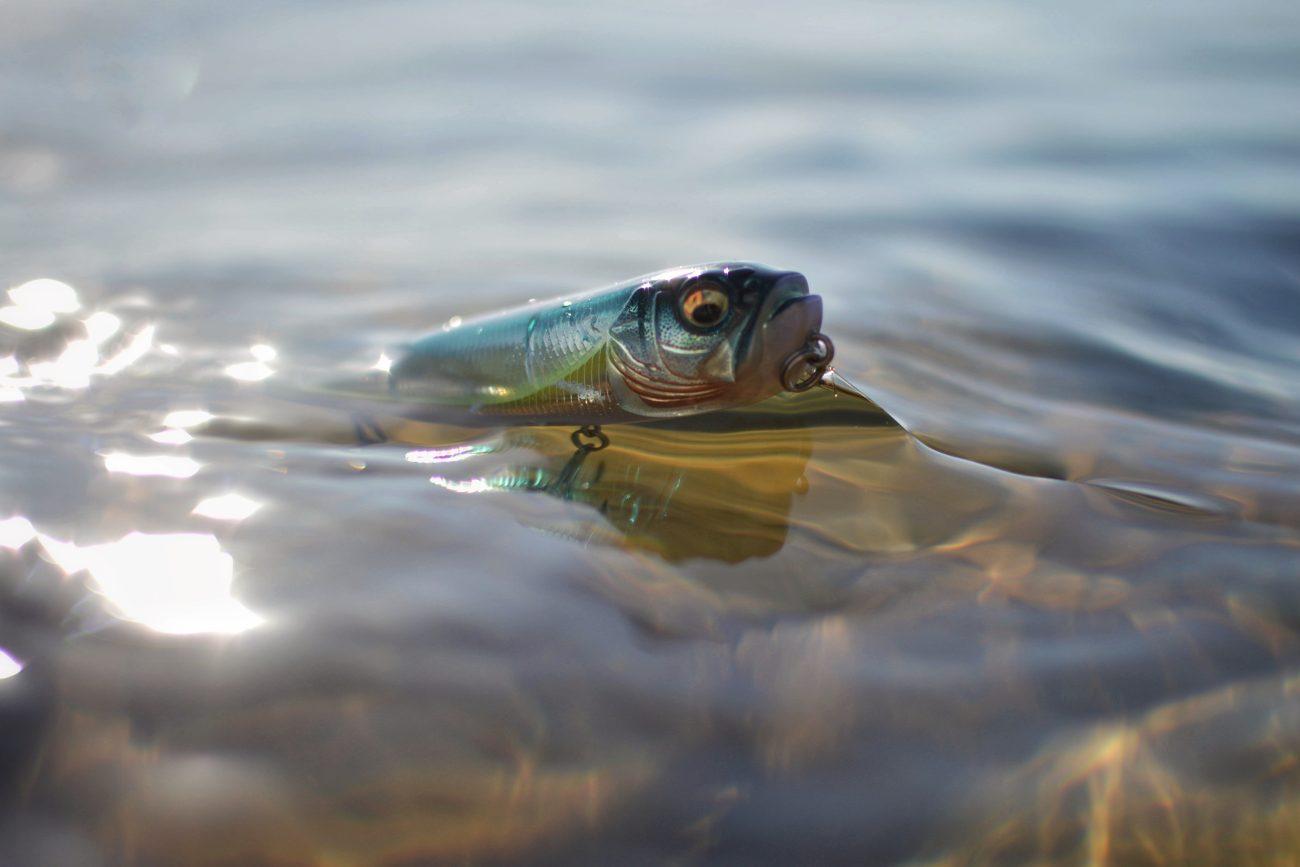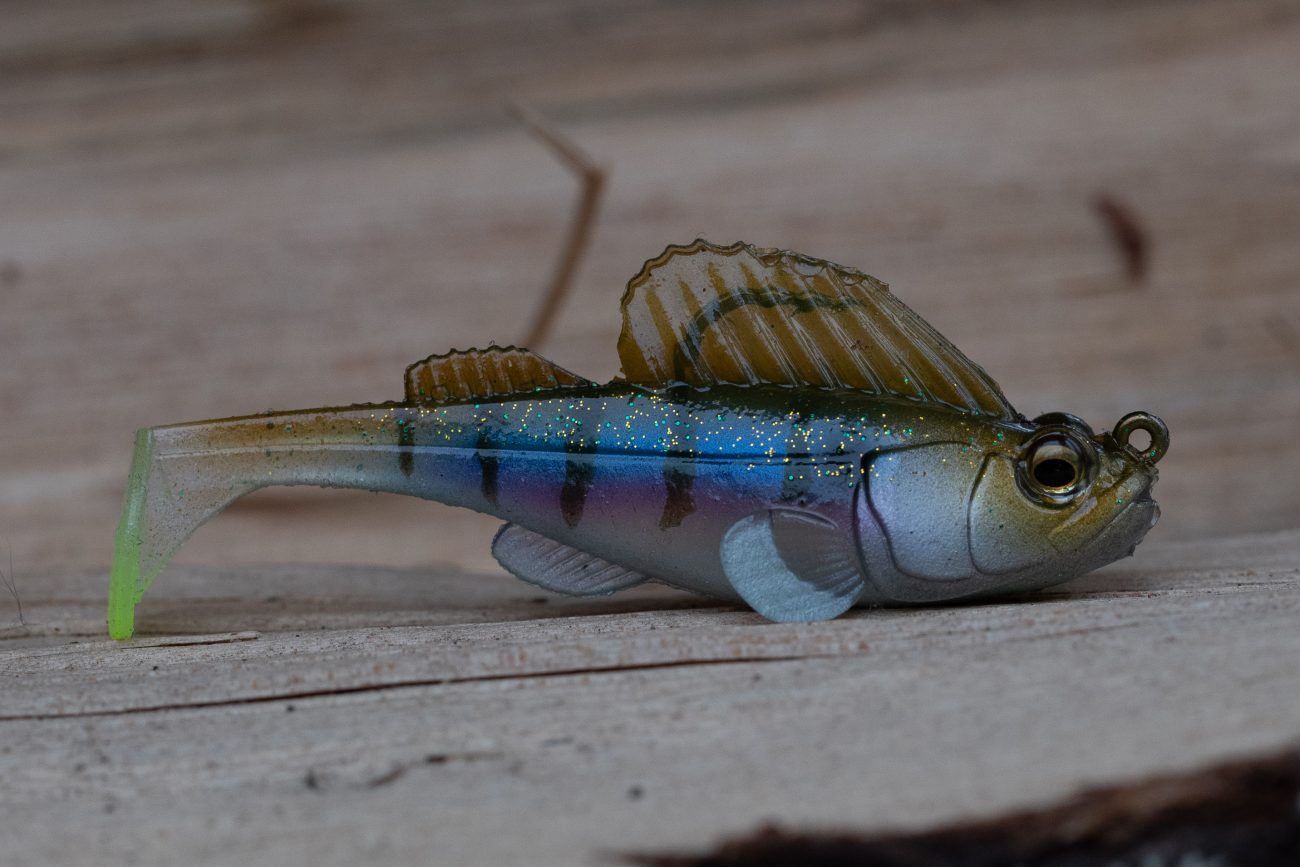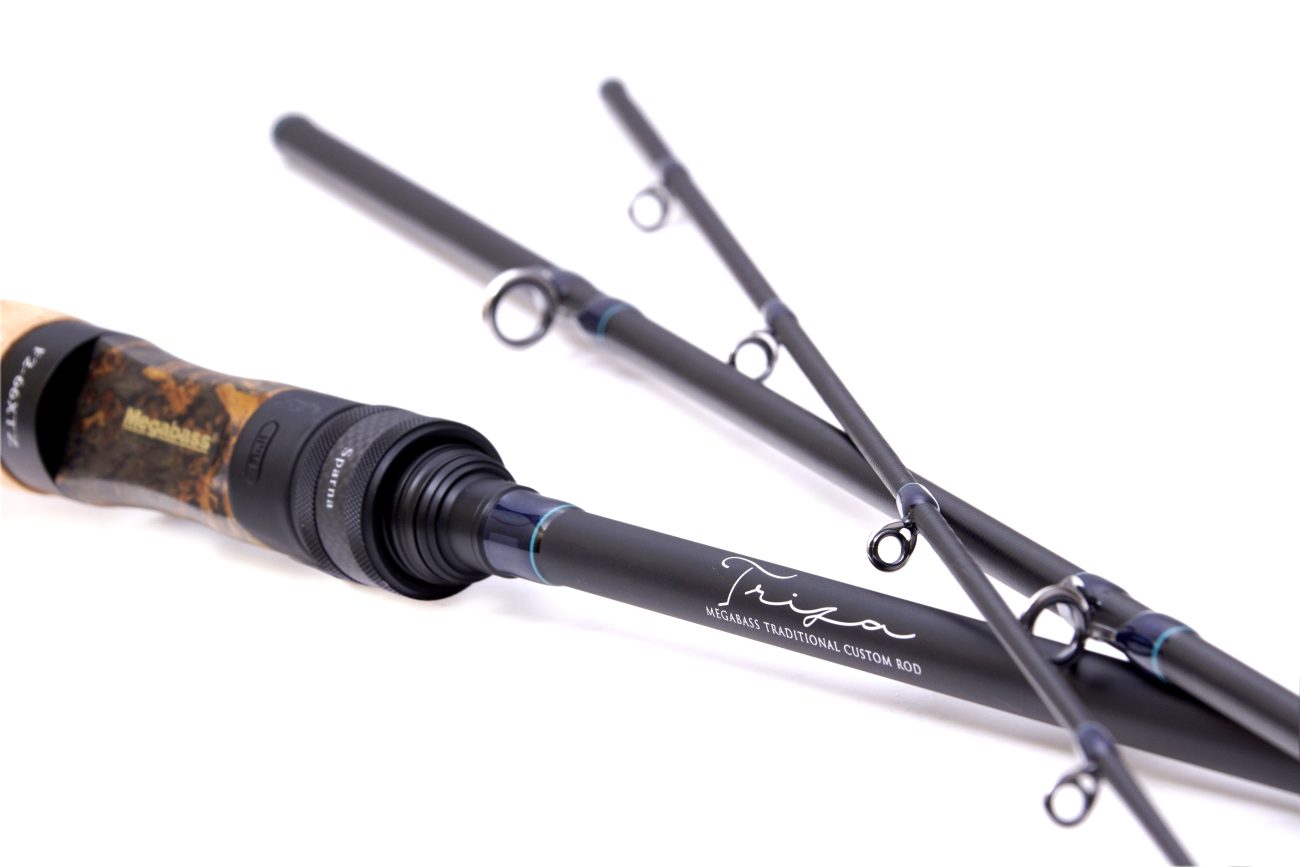Hollow body frog bass fishing has been around for nearly 50 years, but for a long time, it was seen as a regional technique — something you did in Florida, around thick lily pad fields and dense vegetation. That all started to change about two decades ago when some sharp Western anglers flipped the script.
Tournaments in California — especially on Clear Lake and the California Delta — started getting won with monster bags caught on frogs. And not just any frogs. These were hollow-body models fished in ways most of the country hadn’t tried yet. That success helped the frog-fishing craze spread nationwide, bringing new designs, better gear, and a fresh understanding of just how versatile a frog can be.
The Evolution of the Hollow Body Frog
Traditionally, frog fishing meant chucking a bait across thick vegetation and burning it back over the top. It was a straight retrieve, mostly about covering water and waiting for a blow-up. But modern frog designs changed everything.
Now, high-performance hollow-body frogs can “walk the dog” just like a topwater hardbait. That side-to-side action — a subtle, hypnotic walk — proved deadly on shallow bass, even in spots where there was no visible cover. Suddenly, hollow-body frog bass fishing wasn’t just a heavy-cover tactic. It became a finesse play in skinny water.
These cruising, spooky bass that ignored other presentations often couldn’t resist the slow, natural walk of a frog crawling just under overhanging trees or along shady banks.
When and Where to Throw a Frog
The best frog fishing conditions tend to include water temperatures from the low 60s up until the upper 50s in the fall. That’s a longer season than most anglers think. As soon as the water hits about 60 degrees, frog fishing is in play, and it can stay effective well into the fall months.
The sweet spot? Look for 1–3 feet of water clarity, shallow cover tight to the bank, sunny skies, warm temps, and calm conditions. While you can absolutely catch frog fish under cloudy or windy conditions, the classic combo of sun and shallow cover stacks the odds in your favor. Why? Because the sun pushes bass into the shade, and that shade is usually in tight, hard-to-reach areas.
That’s where skilled frog anglers shine — especially those who can skip their frog way up under docks, limbs, or bushes to reach those juicy, shaded ambush points. And yes, frog skipping is a real skill. It’s part of what makes hollow-body frog bass fishing such a technical and rewarding way to fish.
Dialing In the Right Frog Rod Setup
The second-biggest key to success — after understanding when and where to throw it — is your gear. Frog fishing demands a unique combination: a rod that can make pinpoint casts, especially when skipping, but still has the backbone to drive hooks through heavy cover and haul out big bass.
There are two rod styles that cover just about everything:
For open water and lighter vegetation: A rod like the Orochi XX F7-72XX Perfect Pitch gives you that shorter length and softer tip. It’s ideal for accurate skipping and walking your frog with finesse.
For thick mats and heavy cover: Go with something like the Destroyer USA F7-76X Valdivia. This rod adds length and power, giving you the leverage to winch big bass out of the nastiest slop without sacrificing action.
Pair either rod with a high-speed baitcaster and spool up with straight braid — anywhere from 40- to 65-pound test, depending on the thickness of the cover. Braid cuts through vegetation and gives you the direct connection needed to set hooks hard and land fish quickly.
Walking Frogs and the Next Generation of Lures
One of the big reasons hollow-body frog bass fishing has exploded in recent years is the innovation in frog design. Modern walking frogs like the BIG GABOT (developed for top-end performance) are easier to cast, walk smoothly with minimal rod movement, and come in detailed, fish-catching color patterns.
They also feature better hook-up ratios — a common complaint with older frog models. Today’s frogs collapse more easily and expose sharper, more strategically positioned hooks. That means more blowups turn into landed fish.
Final Thoughts
Hollow body frog bass fishing isn’t just an effective way to catch bass — it’s one of the most exciting. Watching a bass blow up on your bait in inches of water gets the heart pounding like nothing else. And now that frogs can walk, skip, and fool fish in open water, they’ve become one of the most versatile topwater lures you can tie on.
If you’re on the fence about whether it’s “frog time,” here’s the deal — if the water’s warm and there’s shallow cover or overhanging shade nearby, it’s always worth a few casts. The myths about frog fishing being a Florida-only thing? Long gone. The truth is, the frog bite might be one of the best-kept open secrets in modern bass fishing.

